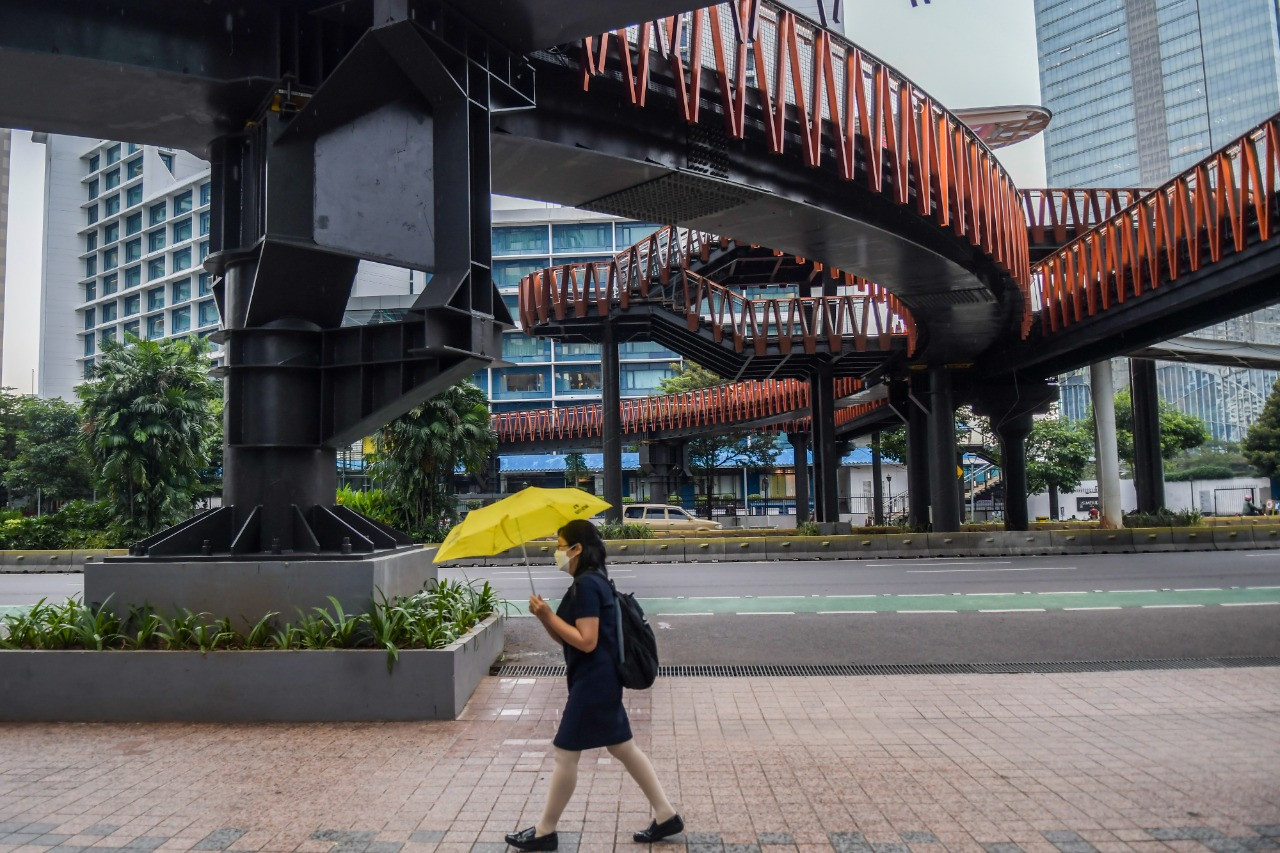Popular Reads
Top Results
Can't find what you're looking for?
View all search resultsPopular Reads
Top Results
Can't find what you're looking for?
View all search resultsWithout data Indonesia’s gender equality promise falters
Missing gender data means Indonesia's development programs are poorly targeted, hindering gender mainstreaming goals enacted 22 years ago.
Change text size
Gift Premium Articles
to Anyone
Indonesia, a strongly patriarchal society, is trying to close the gender gap. But progress has been slow.
Indonesia's gender inequality index is among the highest of the ASEAN countries, according to the United Nations. Only Cambodia, Laos and Myanmar rank lower. Indonesia is 85th out of 149 countries in the global gender gap rankings.
Despite having the same level of education, Indonesian women and men still experience significant wage differences, with women earning 59.27 percent of what their male counterparts with the same level of schooling bring home.
Many Indonesian women choose jobs related to domestic work such as caregivers, nurses or teachers. They also tend to work in the informal sector, missing out on the empowerment formal work offers. The large wage gap is not just in rural areas, data for urban areas show the average salary of female workers is Rp 2.7 million (US$190), while men get an average wage of Rp 3.5 million.



















